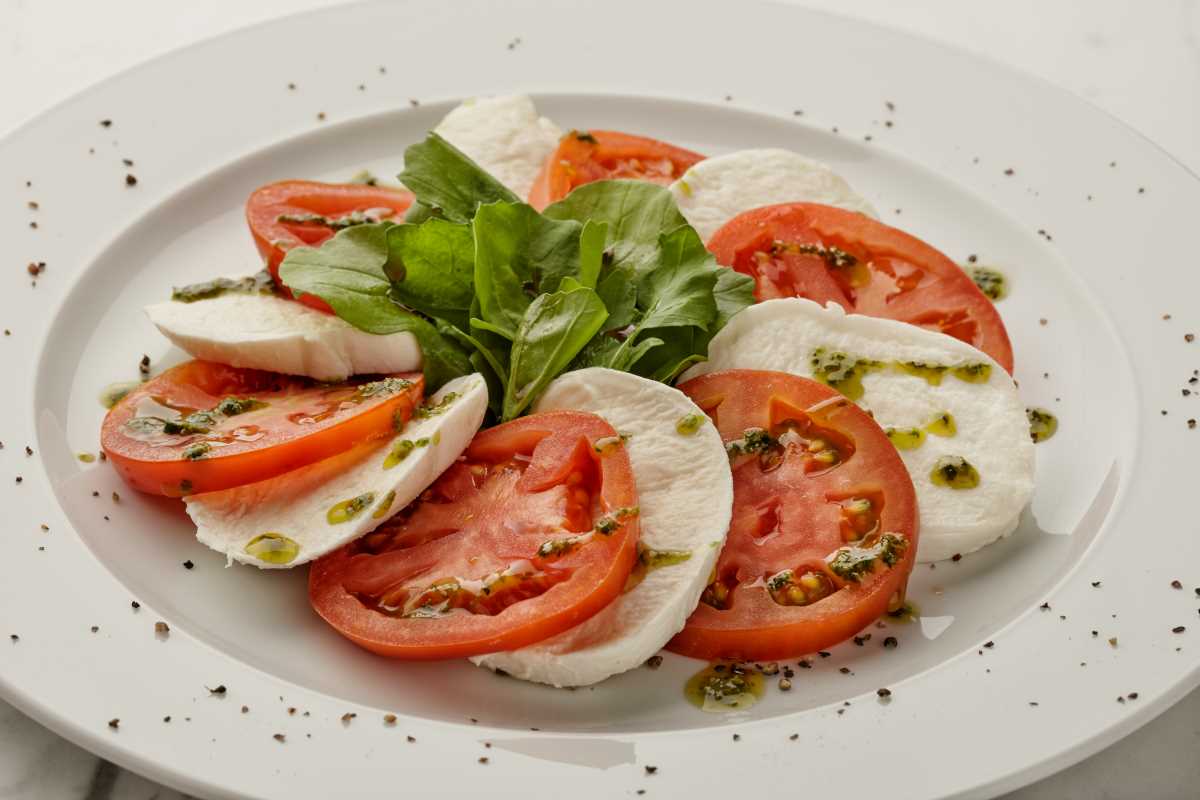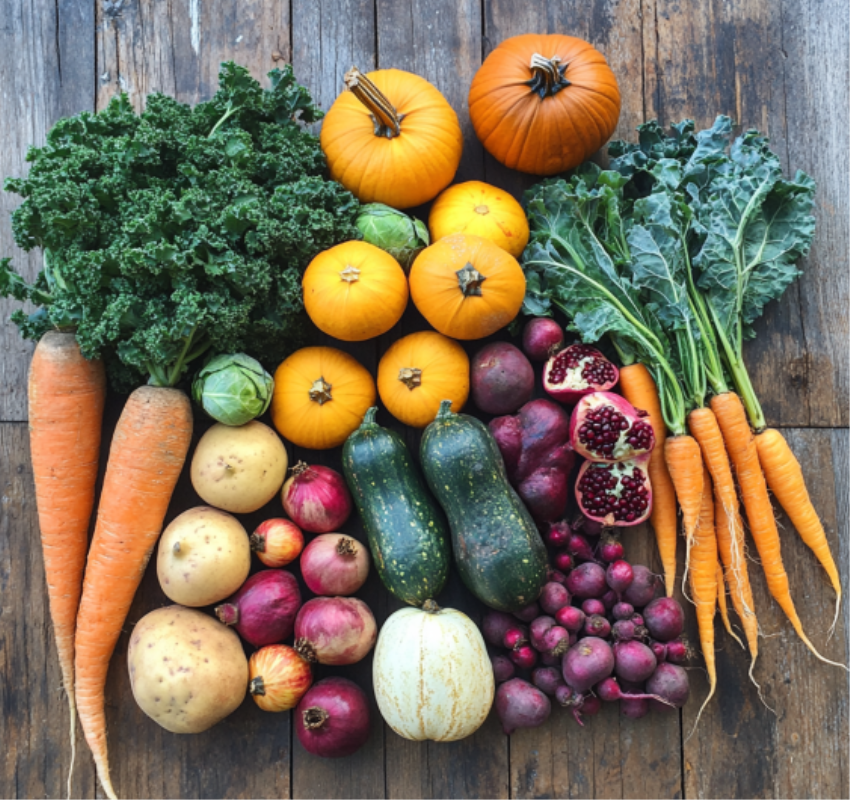The Mediterranean diet has long been celebrated as one of the healthiest ways to eat. Known for its focus on fresh, wholesome ingredients and balanced meals, it’s also an excellent approach for consistent weight loss that doesn’t involve drastic changes or deprivation. Rooted in the traditional eating habits of countries like Greece, Italy, and Spain, the Mediterranean diet is both sustainable and satisfying, making it easier to stick with long-term.
What is the Mediterranean Diet?
At its core, the Mediterranean diet emphasizes plenty of fruits and vegetables, whole grains, healthy fats, and lean proteins. It minimizes processed foods, added sugars, and unhealthy trans fats while encouraging flavorful, nutrient-rich meals. Key components of the diet include:
- Vegetables and Fruits: A variety of brightly colored produce takes center stage.
- Whole Grains: Brown rice, oats, quinoa, and whole-grain bread or pasta replace refined carbs.
- Healthy Fats: Olive oil is the star, but other sources like avocados, nuts, and seeds also play a role.
- Lean Proteins: Fish and seafood are staples, but lean poultry, beans, and legumes are included as well.
- Moderate Dairy: Foods like yogurt and cheese are consumed in moderation.
- Herbs and Spices: Natural seasonings boost flavor without extra salt or calories.
- Red Wine (Optional): Enjoyed occasionally and in moderation.
This eating pattern thrives on simplicity and flexibility, making it easy to adopt no matter your dietary preferences or lifestyle.
How the Mediterranean Diet Supports Consistent Weight Loss
1. Promotes Satiety and Reduces Hunger
The Mediterranean diet’s emphasis on nutrient-dense foods is one of the key reasons it supports steady weight loss. Foods like whole grains, vegetables, and legumes are high in fiber, which not only keeps your digestive system healthy but also helps you feel full for longer. For instance, starting your day with a bowl of oatmeal topped with fresh fruit and nuts can prevent mid-morning cravings, reducing the temptation to snack on empty calories like chips or sugary pastries.
Healthy fats, particularly from olive oil or avocados, also contribute to satiety. Unlike low-fat diets that can leave you feeling unsatisfied, the Mediterranean approach lets you enjoy rich, flavorful foods that curb hunger without overindulging.
2. Encourages Calorie Reduction Without Feeling Restrictive
Losing weight often boils down to burning more calories than you consume. The beauty of the Mediterranean diet is that it achieves this naturally by focusing on whole, unprocessed foods. A lunch plate filled with grilled salmon, a hearty salad drizzled with olive oil, and a slice of whole-grain bread provides far fewer calories than most fast-food options while being infinitely healthier and more satisfying.
By replacing calorie-dense, nutrient-poor foods (like sugary drinks and refined grains) with nutrient-rich options, you can create a calorie deficit without constantly feeling like you’re “dieting.”
3. Balances Blood Sugar and Metabolic Health
The Mediterranean diet is particularly beneficial for those dealing with blood sugar spikes or low energy. The combination of complex carbs, fibrous vegetables, and healthy fats slows the digestion process, helping to stabilize blood sugar levels. This not only reduces cravings but also improves metabolic health over time, making it easier for your body to regulate weight naturally.
For example, swapping white bread for a slice of whole-grain toast with a drizzle of olive oil can have a profound effect on how your body processes glucose. A balanced metabolism also means reduced fat storage, particularly around the belly area.
4. Flexibility Helps You Stay Consistent
Weight loss programs often fail because they’re overly restrictive, leading to frustration and burnout. The Mediterranean diet takes an entirely different approach, allowing flexibility in meal choices and encouraging you to enjoy food rather than fear it. Craving pasta? Opt for whole-grain spaghetti with fresh tomato sauce, basil, and a sprinkle of feta cheese. Need something sweet? Fresh fruit like berries or a piece of dark chocolate fits perfectly within this lifestyle.
This adaptability is why the Mediterranean diet is sustainable—there’s no need to eliminate entire food groups or give up your favorite dishes. Instead, small, meaningful swaps and moderation allow gradual and consistent progress.
Sample Mediterranean Meals and Snacks
Curious about how to start? Here are some examples of Mediterranean-style meals and snacks:
- Breakfast: Greek yogurt topped with fresh berries, a drizzle of honey, and a handful of toasted nuts.
- Lunch: Quinoa salad with cucumbers, cherry tomatoes, olives, and grilled chicken, tossed in olive oil and lemon juice.
- Dinner: Baked salmon with steamed asparagus, roasted sweet potatoes, and a small glass of red wine (optional).
- Snacks: Hummus with whole-grain crackers, a handful of almonds, or sliced veggies like carrots and bell peppers.
These meals are packed with flavor and nutrition, making them easy to integrate into your routine.
Long-Term Health Benefits
Beyond weight loss, the Mediterranean diet is renowned for its positive impact on overall health. Extensive research links it to a lower risk of chronic diseases like heart disease, type 2 diabetes, and certain cancers. Its heart-healthy emphasis on unsaturated fats and omega-3 fatty acids helps reduce bad cholesterol levels while improving cardiovascular health.
Additionally, the diet’s focus on anti-inflammatory foods, such as leafy greens, fatty fish, and nuts, supports brain health and longevity. This means you’re not just achieving a healthier weight—you’re also investing in a better quality of life.
The Mediterranean diet stands out as a scientifically proven, sustainable way to lose weight consistently without feeling deprived. Its rich variety of foods, flexibility, and holistic benefits go beyond just shedding pounds; it promotes long-term wellness and a strong connection to the joy of eating. By focusing on fresh, natural ingredients and enjoying balanced meals, you can achieve your health goals while savoring every bite. Why sacrifice when you can thrive?
 (Image via
(Image via





